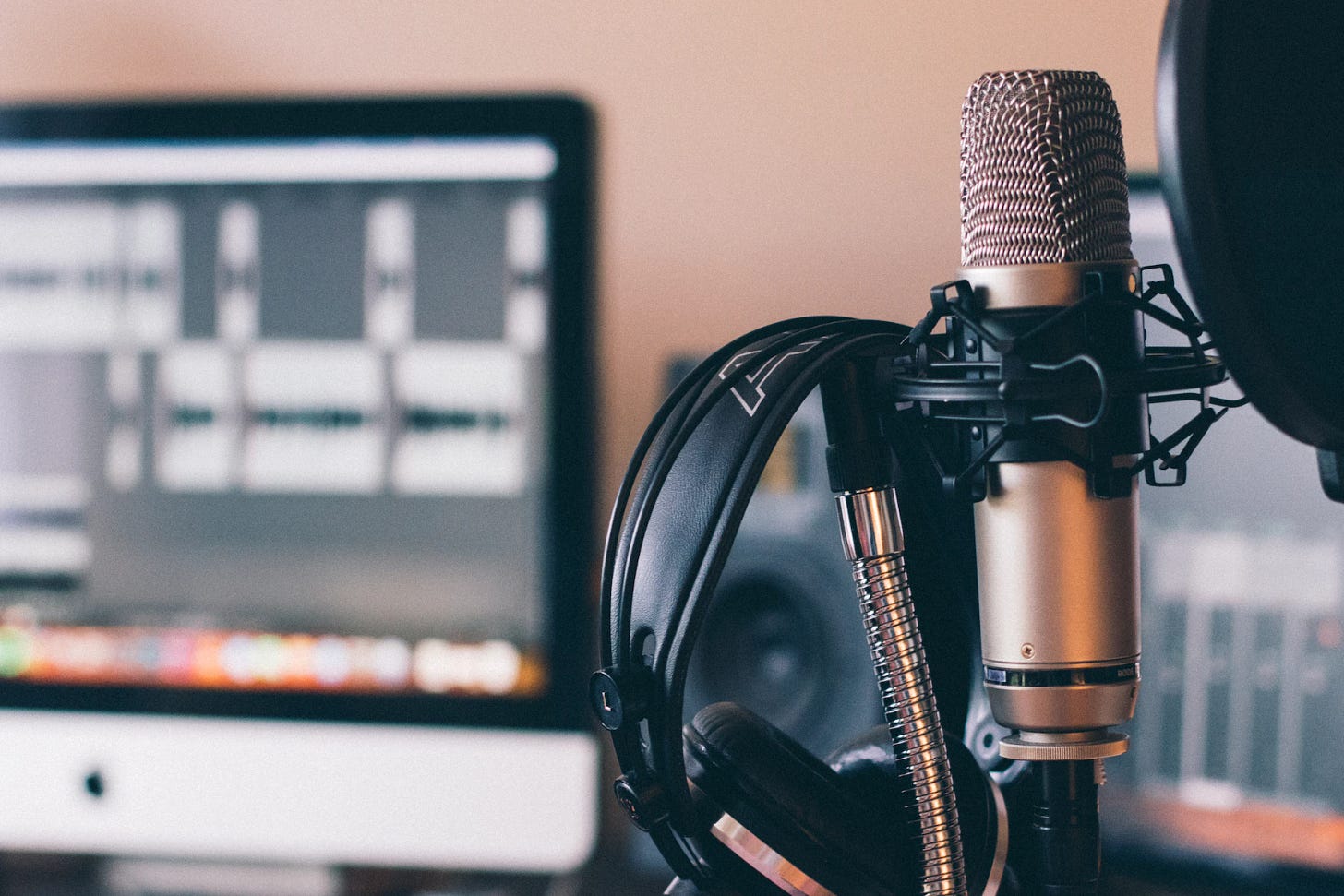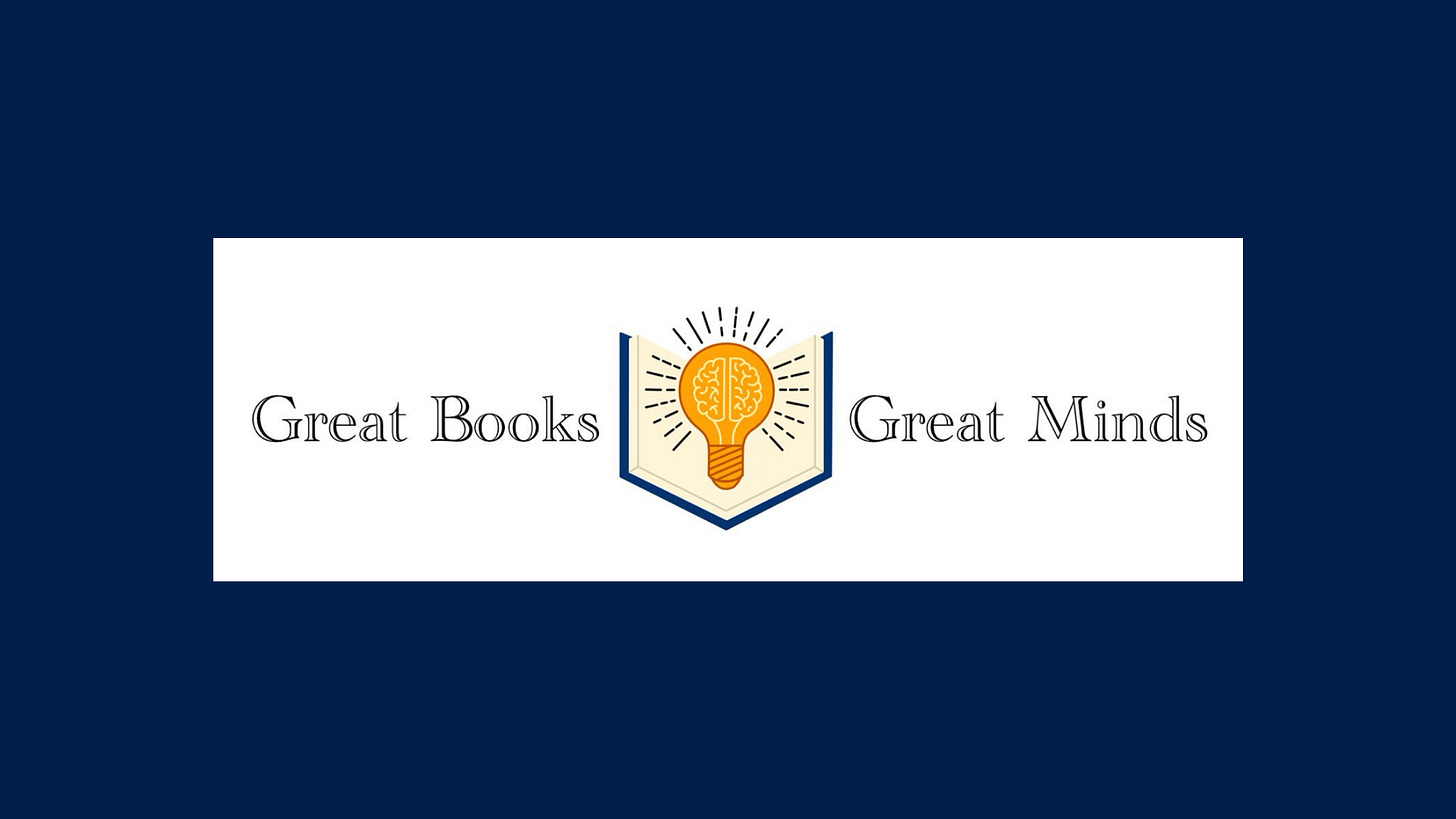Unsplash Photo Credit: Lena Kudryavtseva
During the nineties my work as a speaker and conference took me to locales near and far — big cities and small towns — presenting to myriad audiences on human potential themes. As a way of passing time in my Buick Regal amid long boring stretches of highway, I often turned to audiobooks as my respite.
Back in the day, Cracker Barrel, a popular comfort-food restaurant chain that still dots highways across the U.S. was a place I frequently stopped for a bite to eat. But what few people know is that each of those eateries featured a general store where you could access a library of “Books on Audio.” Customers could secure audiobook cassettes for the road, with the cost refunded (less a rental fee) when it was dropped off at the next Cracker Barrel down the road.
While Cracker Barrel’s locations still exist, their audiobook program was discontinued in 2019. This was due in large part to the advent of digital audiobook apps on mobile devices.
Over the course of recent years audiobooks have been in the midst of a boom, a rise that coincides with the immense popularity of podcasts,. All this comes amid a chorus of naysayers who believe that listening is less beneficial than reading physical books.
Says my friend, Sacramento-based Vinny Catalano who’s company offers long term employee healthcare strategy to medium to large size businesses.
“I haven't listened to an Audiobook since they were on cassette. I never even read a book on a Kindle or my tablet. Paper is the only way I read.”
Many others believe that audiobooks help them boost the amount of reading they do as they can listen to a good read while commuting by car, cooking, cleaning, or even waiting at a local DMV. Some have talked fondly of having driven an additional block or two or circling a parking lot while trying to find a good listening stopping point.
I asked another buddy of mine Wilton Alton for his take on all of this. Here is what he had to offer:
“I think being exposed to more content is the goal. Audiobooks give me a way to "read" when a physical book might be impractical. So, although I enjoy a physical book, I often turn to audiobooks as an additional resource.”
In terms of what makes a good audiobook, he added this:
“The primary benefit of audiobooks is availability. A close second is hearing a gifted narrator convey the material. In truth, you cannot get that benefit from a physical book.”
The Historical Evolution of Audiobooks
The genesis of audiobooks dates back to 1932 with a recording studio launched by the American Foundation for the Blind, which created new book recordings on vinyl records. Each side consisted of about 15 minutes of audio.
The following year, The U.S. Congress passed a provision allowing the Library of Congress to begin producing audiobooks of historical works and literary classics, albeit not for the mass public.
Over time audiobooks began to rise in popularity with their availability on cassette tapes in the 1960s and on compact discs in the 1980s. Because these tapes and discs were often logistically cumbersome to manage, listening to books could at times feel like more trouble than they were worth. Ironically, with the emergence of mobile devices that allowed you to store audiobooks in mass, convenience would become one of its main draws.
Then came 1995 when Amazon Audible released its first portable audio player for those seeking a new audiobook listening experience. At that time, the cost was $200.00 with the player only able to house upwards of two hours of audio.
Today readers can listen to books on their smartphones from a massive digital repository of books published each year. According to the Audio Publishers Association, more than 67 million Americans now listen to audiobooks annually.
Much of this popularity can be attributed to people who are more auditorily versus visually oriented, those seeking to reignite with their love for reading, or individuals who may fall into the neurodiversity realm and are challenged to read a physical book.
One of the fastest growing access point for audiobooks is Libro.fm, a digital book retailer where small bookstores can benefit. With over 250,000 elections to choose from, there are no shortage of reading options for those who are audiobook inclined.
Audiobooks are also accessible through Audible, on Alexas or Echoes, or via apps like Libby or Overdrive. Then there is my personal favorite known as Scribd where you can access an unlimited number of audiobooks along with digital books and magazines for $11.99/month.
Unsplash Photo Credit Will Francis
A Booming Volume of Demand
According to WordsRated, an international research data and analytics group, the United States is the world's largest market for audiobooks with the U.S. audiobook market expected to rise at a 20% to 25% clip over the next 7 years. Moreover, global revenue from audiobooks is expected to soar 26.4% each year from 2022 on, reaching $35.05 billion by 2030.
The data curation firm Statista asserts that readers have a healthy appetite for audiobooks based on a survey they did in early 2023. It found that the number of respondents who reported having listened to an audiobook was 53 percent with revenues in this space growing consistently each year.
Now with the advancements taking place in the field of AI, look for the world of audiobooks to fast-forward to new heights of possibility. By way of example, Ingram publishers formed a collaborative partnership with DeepZen a couple of years ago to deliver AI audiobook narrator technology to Lightning Source authors. This digitally based narration employs text-to-voice technology that could result in thousands of dollars of savings for authors as an alternative to hiring a ‘real” narrator.
Audivita’s Trailblazing Work in the Audiobook Space
David Wolf, CEO and Founder of Audivita, a state-of-the art remote recording company that assists authors in bringing new audiobooks and podcasts to market are among those leveraged to ride the tidal wave of growth in the audio space.
According to Wordsrated, in 2022 over 74,000 audiobooks were published in the United States accounting for over $1.81 billion in sales.
Wolf spent about 20 years serving as a music composer and producer of audio content for radio, TV, film, podcasts, audiobooks and multimedia. Prior to Audivita his previous company, Crywolf Productions, Inc. (1985-1999) and its recording studios provided music, sound design and production services for advertising and also studios such as Amblin, Discovery Channel, NBC Universal and Disney and for many well-known brands such as Southwest Airlines, Miller Brewing, Embassy Suites, Procter & Gamble, Texas Instruments, Brock Hotel Corporation and many more.
In 2017, he founded Audivita Studios and assembled a leadership and creative team to help companies, publishers, entrepreneurs, influencers and thought leaders grow their brands and businesses with podcasts and audiobooks.
Asked about the main catalyst behind his decision to launch Audivita, Wolf had this to say:
“I created Audivita after working solo as an audiobook and podcast producer. My vision was to grow a scalable business by adding key team members and a staff of contract workers. Today we partner with publishers and authors, producing about 200 audiobooks annually.”
Currently, he says, Audivita produces about 50 different podcasts across a wide spectrum of genres.
“We approach each series with a white glove, helping companies, professionals, authors and thought leaders design an original podcast series that helps them activate their audience, grow their business, and get their message out to the world.”
With respect to his own reading interests, Wolf had this to add:
“I tend to read biographies most of all. I'm interested in the innovators of the industrial revolution and early 20th century. Examples include Ray Kroch, David Sarnoff, Walt Disney, Howard Hughes, Edison, Samuel Insull, Carnegie, Thomas Watson, Robert Moses, Robert Oppeneimer, and so many others - all fascinating characters who each had profound impacts on the world we live in now. I also like to read about and follow contemporary entrepreneurs such as Musk, Bezos, Gates and the like....”
In terms of his long-term future vision for Audivita along with his greatest hope in terms of the impact and legacy you hope to leave for authors, Wolf offered this concluding thought:
“Our north star for the Company is that we help every author we work with, "Connect Their Voice to the World". The vision and mission is to continue to grow and build our team and the business into a durable company that is constantly improving; one that evolves with the markets we participate in.”
An Invitation From Diamond-Michael Scott:
“Great Books, Great Minds” is my full-time work and life passion, a labor of love fueled by the endless hours of work I put into researching and writing these feature pieces. So if you enjoy this digital newsletter, find it valuable, and savor world-class book experiences featuring epic authors and book evangelists, then please consider becoming a paid supporting member at $6.00 a month or $60.00/year.







This was a timely read. I use audiobooks all the time, mostly through Audible, but I have been using them since grad school, as well as the Cracker Barrel lifestyle when traveling. (I loved that reference, so many good books.) I've also loved finding them in local libraries, and more recently with downloads from e-libraries. I've often pondered many of the points you make, as I still love books in print which I can annotate to help me retain what I'm learning, or to find a specific point at a later date. But best of all was the Audivita quote, “Our north star for the Company is that we help every author we work with, "Connect Their Voice to the World". " Yes, that's the best, hearing those authors' essential voices sculpted by their lives and experiences. Great Books revealing Great Minds. Thank you.
Thanks for the shout out! Hopefully, it helped amplify your message.